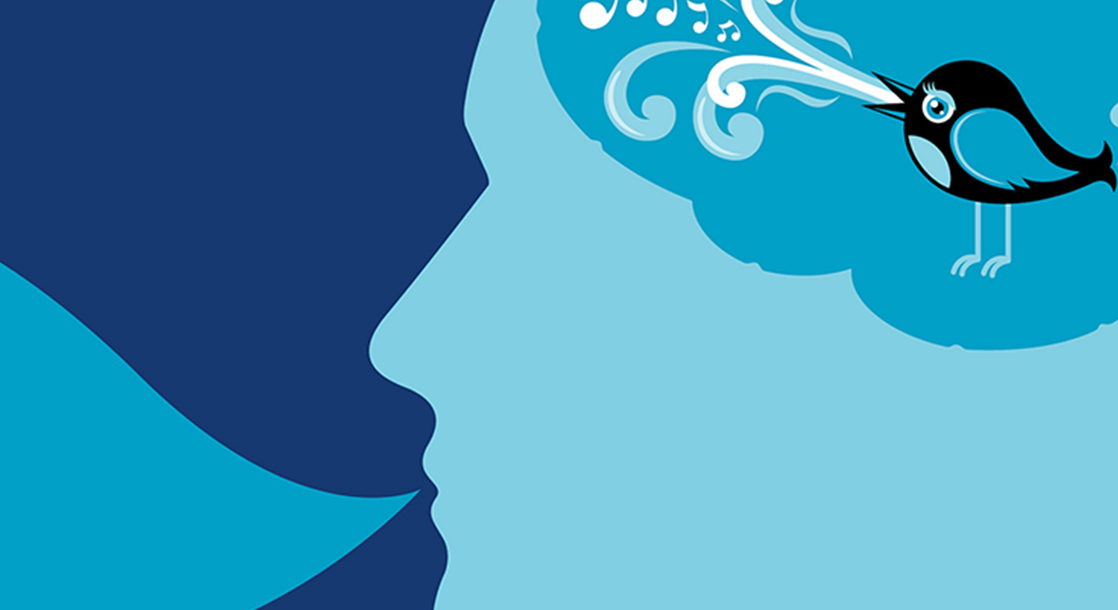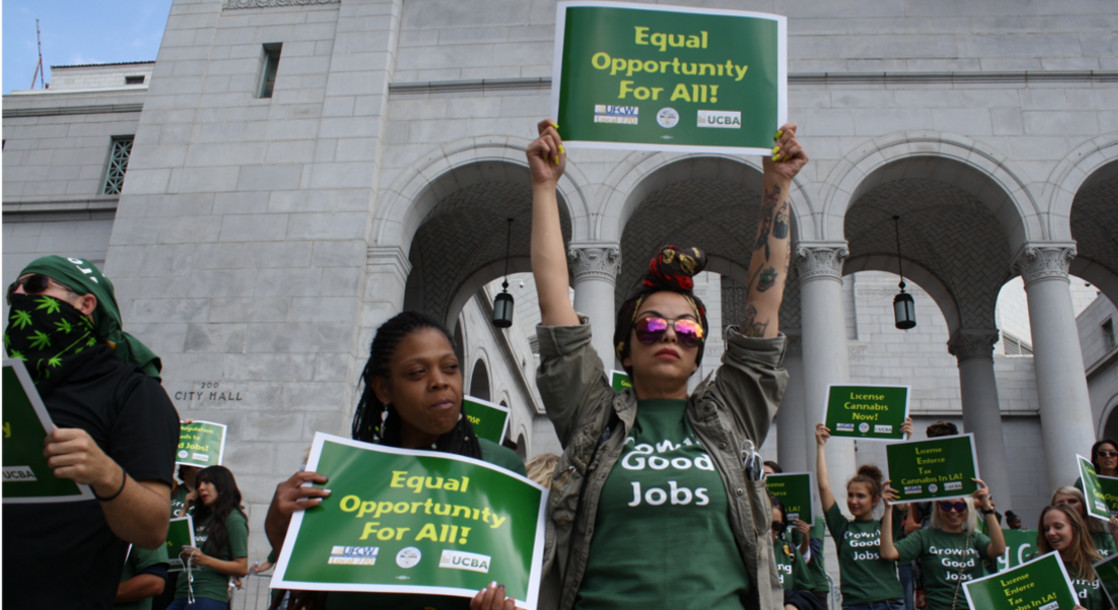A group of internet trolls led by the outspokenly controversial Breitbart editor Milo Yiannopoulos drove actress Leslie Jones to quit her Twitter account last month over cyberbullying. The feud started after Yiannopoulos wrote a review on the latest iteration of Ghostbusters, where he particularly called Jones out for being “spectacularly unappealing”, while her character in the film was said to be “flat-as-a-pancake black stylings.”
Unfortunately, things only got worse from there, as Yiannopoulos and his followers began a racially-charged and hateful battle against Jones via Twitter, causing her to lash out and eventually leave the social media platform due to the overwhelming amount of cyberbullying taking place.
Instead of choosing to ignore the racist vitriol being spewed by Yiannopoulos and his childish followers, Jones decided to instead retweet the most hateful tweets, effectively “exposing” the troll accounts and showing the Twitter world the hate she had to incur for simply being a black woman in a remake of Ghostbusters.
Instead of calling it a day, Yiannopoulos continued to poke at Jones, disrespectfully stating “rejected by yet another black dude”, while his army of trolls continued to berate Jones even further.

Eventually, Jones decided to leave her Twitter account behind, stating “I leave Twitter tonight with tears and a very sad heart. All this cause I did a movie. You can hate the movie but the shit I got today…wrong.”
It may have seemed like Yiannopoulos and his followers got the response that they wanted, but Twitter decided to take action and permanently ban Yiannopoulos from their platform.
“Over the past 48 hours in particular, we’ve seen an uptick in the number of accounts violating these policies and have taken enforcement actions against these accounts, ranging from warnings that also require the deletion of Tweets violating our policies to permanent suspension,” Twitter said in a statement.
A lot of discussion has revolved around what kind of new initiative could help curb cyberbullying on Twitter.
Angel investor Jason Calacanis has a pretty decent idea, and went ahead and shared his plan to verify all accounts and ensure that trolls and harassers could be more readily sussed out.
“Today we’re taking a major step in the evolution of Twitter by rolling out verified accounts to all of our users. Verification isn’t a perfect process, and it will take a year to give our most active users the blue check mark, but we think it will be worth it because people will have to “own their words,” Calacanis wrote in a memo in the guise of Twitter CEO Jack Dorsey.
His idea would allow users to block out all unverified accounts from their feed, but will also leave the option to see anonymous profiles is they wish. Those wishing to stay away from unverified accounts would be able to go to “verified only” by default. This means that users would only see users with the blue check mark, while Tweets from unverified accounts will be “blurred out”.

In Calacanis’ vision, at the start of 2017, users would be able to visit verified.twitter.com (now defunct) to start the verification process. Essentially, if Twitter and their CEO give their users more control over what they see on their feeds, perhaps they can help prevent cyberbullying and harassment from driving people away from their platform. But would that even be enough?
This idea, and others like it, show that Twitter needs to be taking online harassment more seriously, but thus far, their efforts have been inconsistent at best. Although Leslie Jones was a high-profile case of cyberbullying, there are plenty of other examples of harassment happening to lesser known people on Twitter, particularly to women of color. With an extremely vague abusive behavior policy, many feel as if Yiannopoulos wouldn’t have been banned if the harassment had happened to an average person instead of a celebrity.
Although they may be taking a few steps in the right direction, Jones and others have urged Twitter to tighten up their policy and inflict harsher punishments to those using the platform as a place to spew hate and bully others.

Not long after the situation transpired with Jones, another prominent black woman, this time Normani Kordei of the pop group Fifth Harmony, left the Twitter-sphere for similar instances of racially-fueled cyberbullying. Misleading rumors have even started floating around that Twitter would shut down next year due to the uncontrollable amount of cyberbullying happening on their site, though there seems to be no truth to this claim.
Regardless of the measures Twitter decides to take in light of the harassment taking place right under their nose, it’s evident that something needs to be done, and not just to those targeting celebrities. There’s a very fine line between free speech and hate speech, and it’s much too easy to muddle the two when the perpetrator is hiding behind a Twitter account. The social media platform is a great space for people to express themselves and communicate with others throughout the world, but more must be done to ensure that people of all walks of life are treated with respect and dignity.











